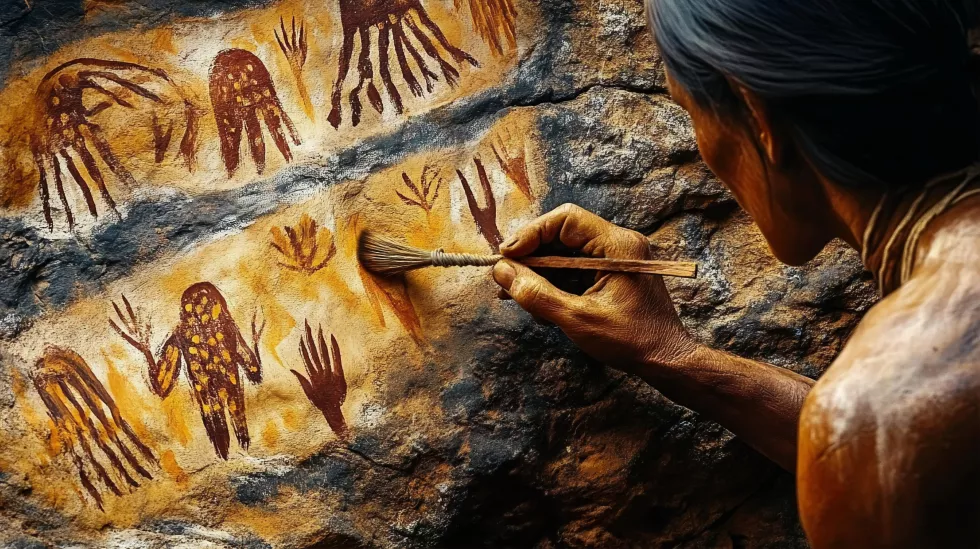Every culture faces the same fundamental challenges. Men and women come together, children are brought into the world, nurtured and sheltered; elders are led into the realm of death as fearlessly as the imagination allows. To be human is to know the terror and splendour of a night sky, the crush of storms, the blood cries of enemies sweeping in with the dawn. Such is our common experience. To bring order to chaos, sense to sensation, we have created rules, which cross-culturally are remarkable in their consistency. ... Yet within this common fabric, this cloak of humanity, lie the individual threads of specific and highly specialized ways of life, distinct cultures, each with its unique and wondrous dream of the Earth. Unravelling the cloth and holding the strands to the light is the practice and contribution of ethnography.
Wade Davis, Light at the Edge of the World (2007)


